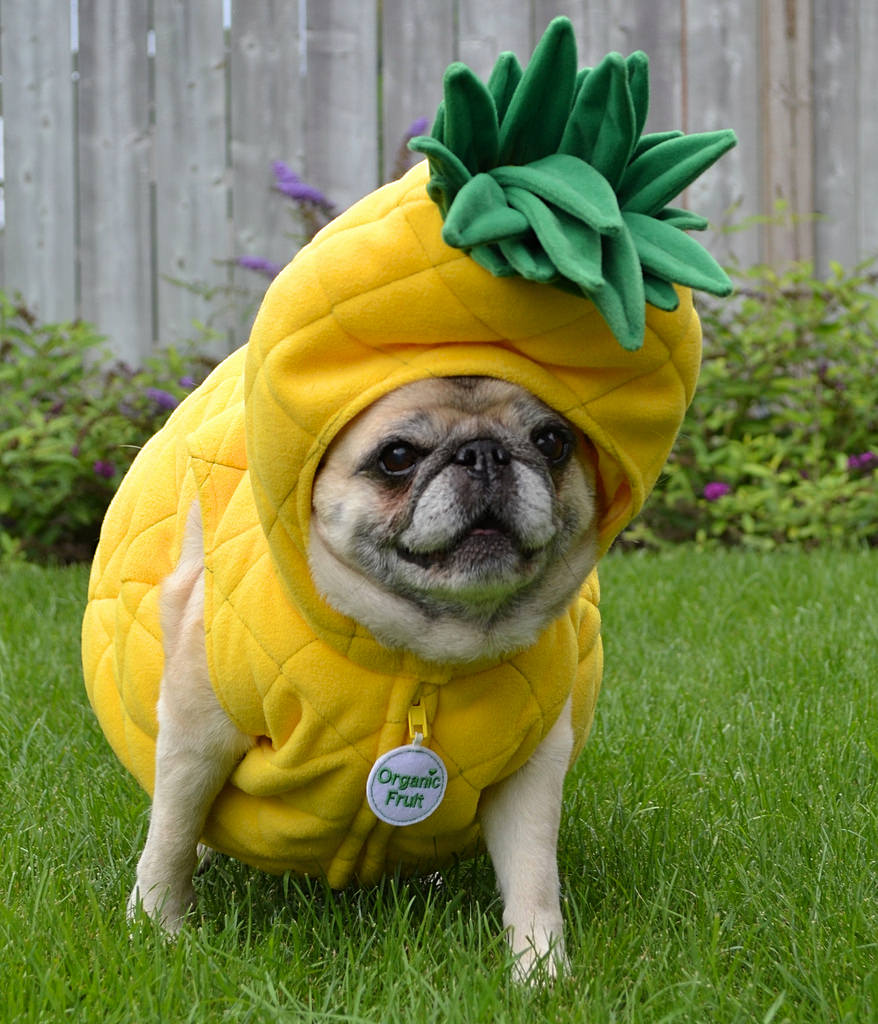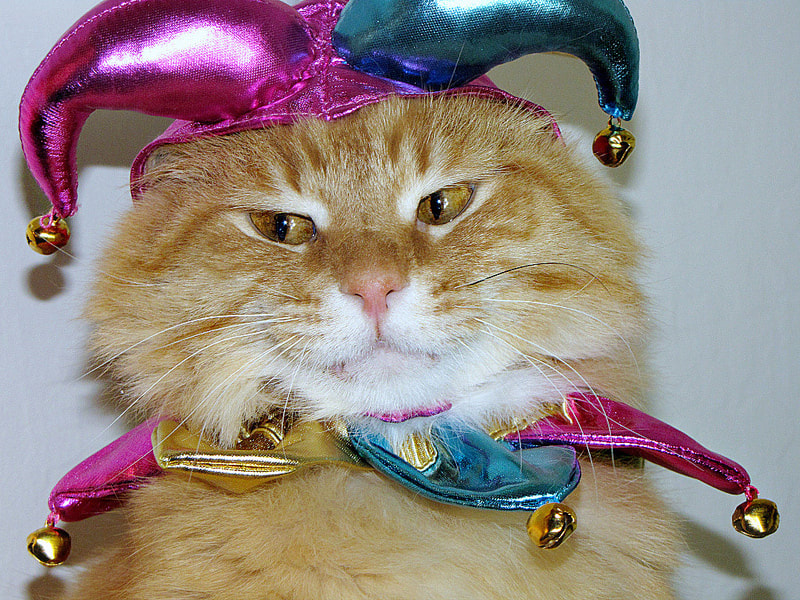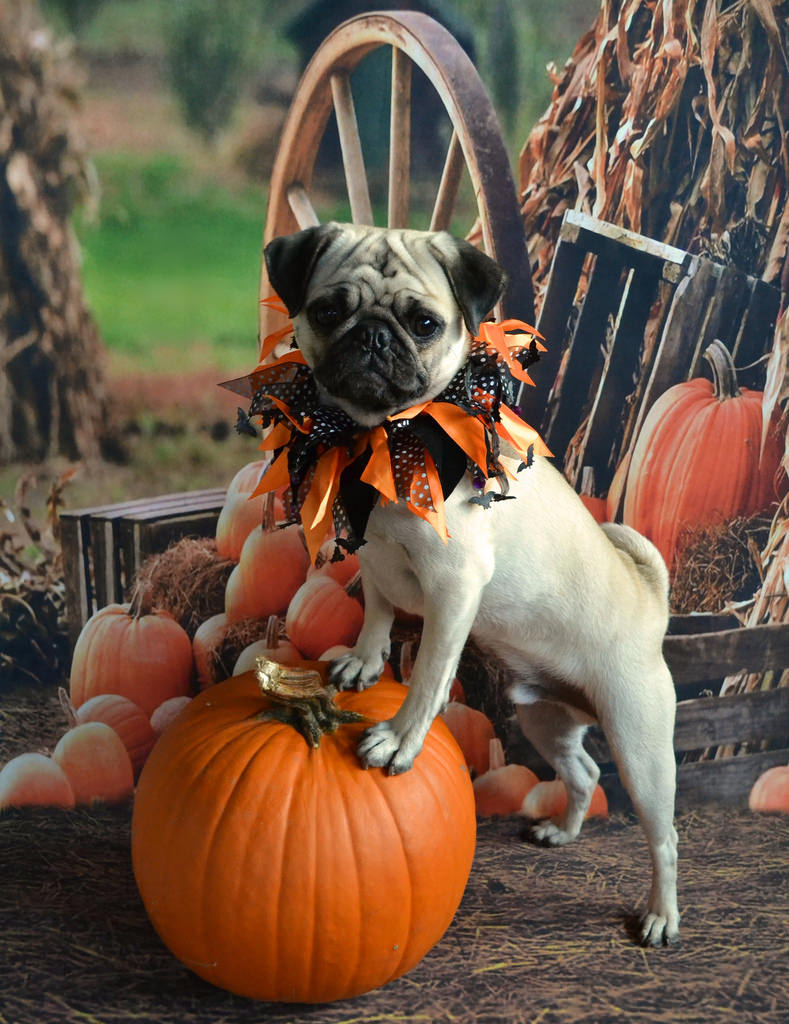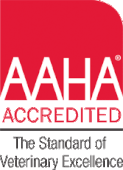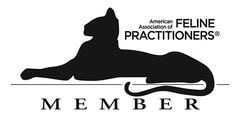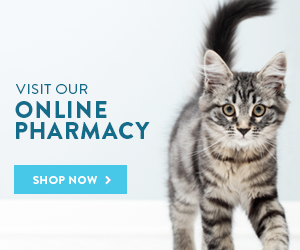October is National Pet Safety and Protection Month.
The most important responsibility we have as pet owners is to keep our pets safe and protected, and we are here to help. Please feel free to contact with us any time with your questions and concerns regarding the safety and wellness of your pet. And remember, as Halloween approaches, keep all candy well out of reach!
The most important responsibility we have as pet owners is to keep our pets safe and protected, and we are here to help. Please feel free to contact with us any time with your questions and concerns regarding the safety and wellness of your pet. And remember, as Halloween approaches, keep all candy well out of reach!
|
7 Things You Can Do to Make Halloween Safer for Your Pet
Holiday Hazards Holidays and visitors can pose a special challenge to your pets. Discourage well-meaning guests from spoiling pets with extra treats and scraps from the dinner table. Fatty, rich, or spicy foods can cause vomiting and diarrhea and lead to inflammation of the pancreas, which can be life-threatening. Poultry or other soft bones can splinter and damage your pet’s mouth or esophagus. While trick-or-treating is fun for children, it can be hazardous to pets. Halloween treats such as chocolate or candy sweetened with xylitol can make a harmful snack. Certain holiday decorations (especially tinsel, ribbons and ornaments) also pose a hazard to pets, so make sure nothing is left on the floor or on tables within reach. String-like items can damage your pet’s intestine and could prove fatal if not surgically removed. While poinsettia is not deadly as popular legend would have it, it could still cause an upset stomach if consumed. Holly and mistletoe are more toxic than poinsettias and can cause intestinal upset. Christmas tree water treated with preservatives (including fertilizers) can also cause an upset stomach. Water that is allowed to stagnate in tree stands contains bacteria that, if ingested, could lead to nausea, vomiting and diarrhea. -Excerpt from the AVMA's article on Houshold Hazards Pet Safety Links: First Aid Disaster Preparedness Flea and Tick Prevention Safety AVMA's Pet Care Articles |

